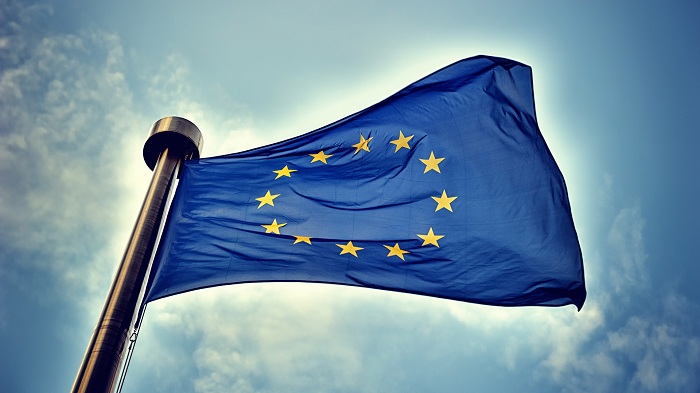The material notes that the EU is firmly convinced that the conflict requires an early political settlement in full compliance with the norms and principles of international law.
"Since 2003, the EU Special Representative has been working to promote dialogue between the EU and the countries of the region, and to promote the development of a comprehensive EU policy towards the states of the region, including through its special representative for the South Caucasus and the crisis in Georgia, supports and complements the efforts of the co-chairing countries of the OSCE Minsk Group (France, Russia and the US) to resolve the conflict, and the EU also promotes activities aimed at strengthening peace on both sides of the conflict", the material says.
The conflict between the two South Caucasus countries began in 1988 when Armenia made territorial claims against Azerbaijan. As a result of the ensuing war, in 1992 Armenian armed forces occupied 20 percent of Azerbaijan, including the Nagorno-Karabakh region and seven surrounding districts. The 1994 ceasefire agreement was followed by peace negotiations.
Armenia has not yet implemented four UN Security Council resolutions on withdrawal of its armed forces from the Nagorno-Karabakh and the surrounding districts.
More about: #EU #Karabakh-Conflict














































